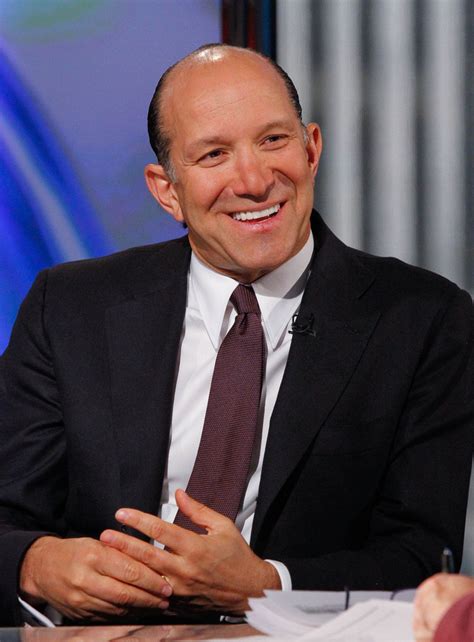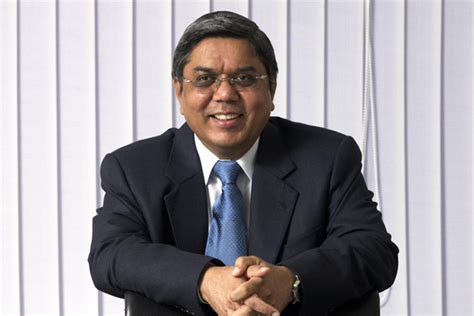A Quote by Richard Edelman
We're not going into advertising. But we see the future battleground existing between ourselves, digital firms, and media-buying firms.
Related Quotes
At Verizon, we've been strategically investing in emerging technology, including Verizon Digital Media Services and OTT, that taps into the market shift to digital content and advertising. AOL's advertising model aligns with this approach, and the advertising platform provides a key tool for us to develop future revenue streams.

































